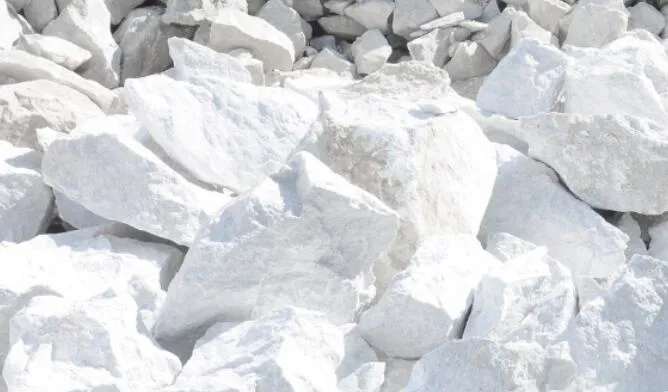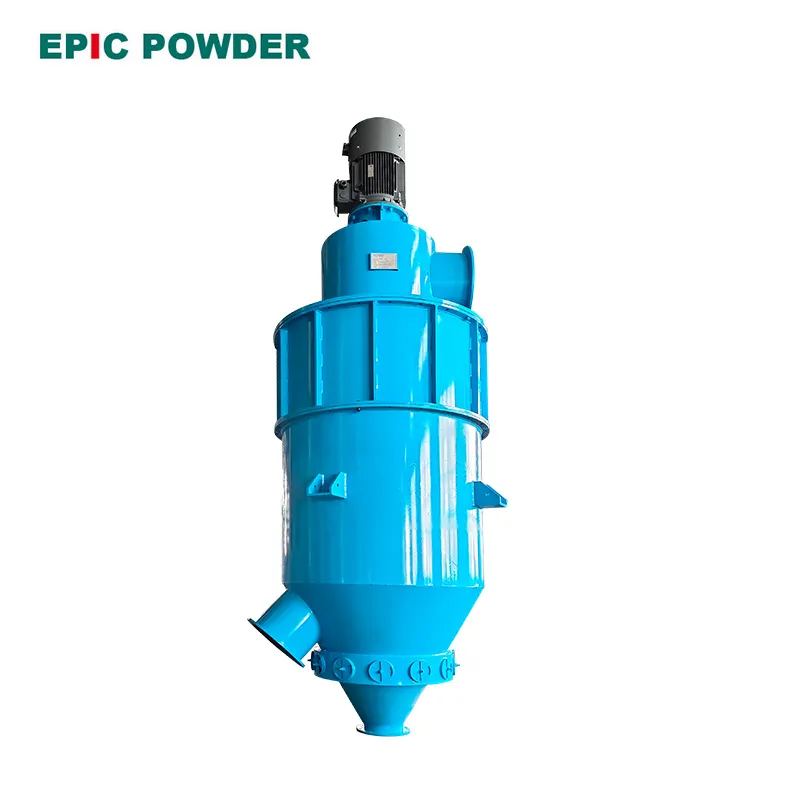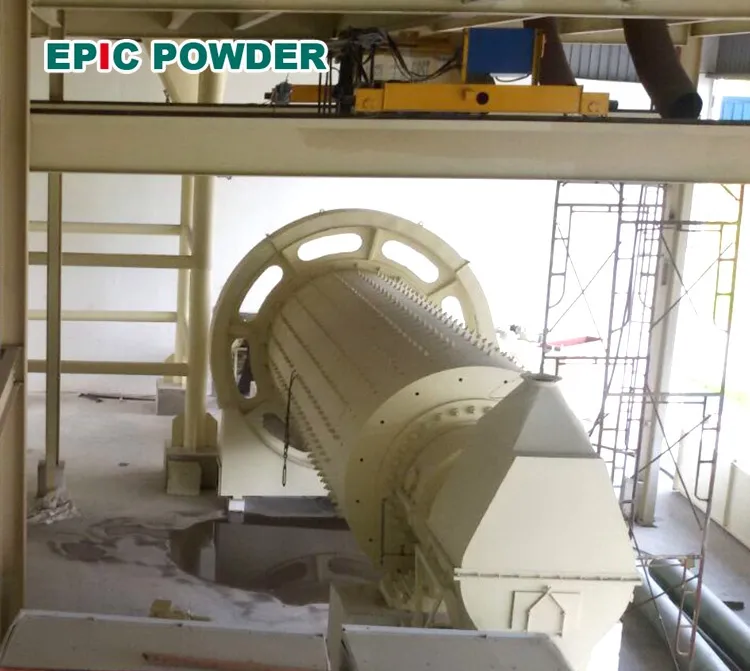Limestone is a key raw material for the production of cement, concrete aggregates, and lime. Its crushing and grinding generally follow a dry process. The process varies based on the specific application. For limestone used in metallurgy and road construction, the material is typically crushed and screened. For limestone used as a feed additive or general filler (246-43 μm), it is crushed with jaw crushers, hammer crushers, or impact crushers.
The crushed material is then ground with ball mills, Raymond mills, vertical mills, roller mills, or impact mills. For ultra-fine limestone powder used in flue gas desulfurization or high-end fillers, fine grinding and classification are required. The process equipment is similar to that used for fine crushing of calcite.
Currently, most limestone powder used in the construction industry is produced by grinding limestone. Stone chips generated during aggregate production are also used. This grinding process meets the required fineness standards.

Limestone Grinding Process Flow
The limestone grinding process generally involves two types of flow:
- Open-Circuit Flow: Material passes through the mill once and is considered finished for further processing.
- Closed-Circuit Flow: After grinding, the material undergoes one or more stages of classification, with fine particles separated as the product and coarse particles returned to the mill for regrinding.
Open-circuit flow is simpler, requiring fewer pieces of equipment, lower initial investment, and easier operation. However, it may lead to over-grinding because the material must meet the fineness requirement before exiting the mill. This can cause fine material to form a buffer layer, hindering further grinding of coarser particles, significantly reducing efficiency and increasing energy consumption.
As a result, most limestone grinding manufacturers prefer closed-circuit flow. This method reduces over-grinding, improves mill efficiency, and reduces energy consumption. Additionally, the particle size of products produced by closed-circuit flow is more uniform and adjustable, meeting different fineness requirements.
Ball Mill Closed-Circuit Flow for Limestone

In the ball mill closed-circuit flow, the material is ground in the ball mill. It is then separated by classification equipment, such as hydrocyclones or classifiers. The fine powder that meets the required particle size is collected as the product. The coarse particles are returned to the ball mill for further grinding. This cyclical grinding and classification process ensures the uniformity and stability of the final product’s particle size.
Main Equipment
Ball Mill: Used for grinding materials, where the impact and grinding action of steel balls or rods reduce the material to the required size.
Classification Equipment: Such as hydrocyclones and classifiers, used to separate ground materials, separating fine powder from coarse particles.
Conveying Equipment: Such as elevators and belt conveyors, used to transport materials between different equipment.
Advantages

Uniform Product Size: The cyclical grinding and classification process ensures uniformity and stability of the final product’s particle size, meeting various production process requirements.
Increased Grinding Efficiency: Coarse particles that do not meet the required size are returned to the ball mill for regrinding, reducing ineffective grinding and improving grinding efficiency.
Reduced Energy Consumption: Improved grinding efficiency reduces energy consumption per unit of product, lowering production costs.
Applications
Mineral Processing: Grinding and classification of non-metallic minerals such as calcium carbonate, limestone, and quartz, improving ore grade and recovery rates.
Cement Production: Grinding and classification of cement clinker to improve cement strength and quality.
Chemical Industry: Grinding and classification of products like pigments, paints, and fertilizers to improve product performance and quality.
Epic Powder
Epic Powder offers advanced grinding equipment, such as ball mills and air classifiers, specifically designed to optimize limestone processing. By integrating innovative solutions, Epic Powder helps customers achieve high product quality and energy efficiency in limestone grinding, making it the ideal partner for manufacturers seeking reliable and cost-effective grinding technology.
